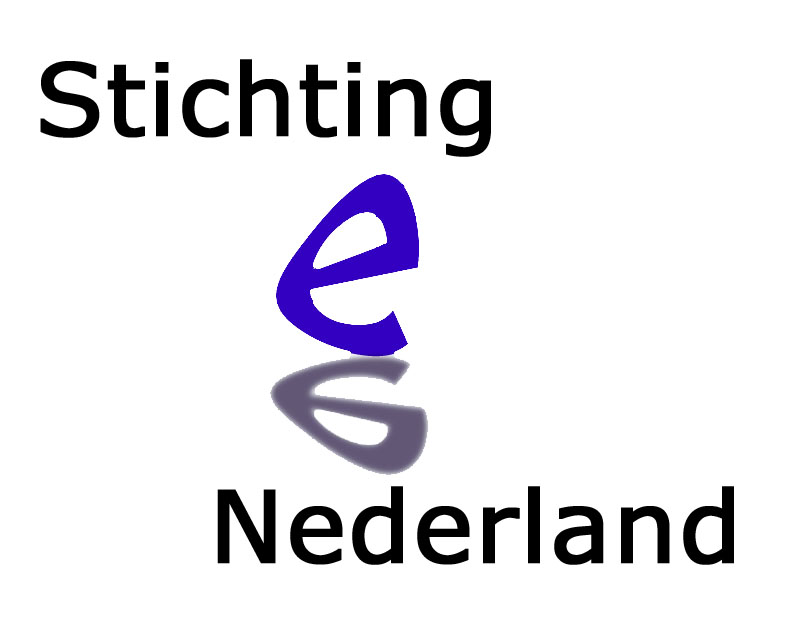 |
||||
IntroductionJune 2001 Dear colleagues and friends, The Netherlands Entertainment-Education Foundation is very proud to have hosted the Third International Entertainment-Education Conference for Social Change. It was quite a challenge to start in 1998 as a new foundation with nothing more than a dream, the right spirit, and the strong will to make this Third International EE meeting happen. Much to our advantage, the Foundation maintained valuable contacts with key persons and institutions all over the world. And thanks to this network, the EE 2000 event became viable and a success. The first EE conference was in Los Angeles, California, in 1989. This conference was a historical meeting of EE pioneers. The second EE conference took place in Athens, Ohio, in 1997 and represented a broader platform of EE practitioners, researchers, policymakers, and creative artists. Three years later, the third EE conference, the first in Europe, was held from 17-22 September 2000 in Arnhem and Amsterdam, The Netherlands. We were proud to welcome participants from 28 countries, and, just as important, from all disciplines that are involved with EE, including social venture entrepreneurs. We wanted to create an informal yet stimulating atmosphere in which participants would feel free to share their own professional experiences and challenges and to exchange the "do's and don'ts" of EE practice, science, and policy. Now that is one thing to say, but it is quite another thing to make it happen. We had the privilege to welcome and work with an international forum of participants, who weren't afraid to open up and share their experiences in a way that enhanced the intimacy of the conference, instead of formalizing it. In this way, the Event was an interdisciplinary gathering of kindred spirits in the entertainment-education realm. As one participant commented: "There was diversity, fun, laughter, work, and lots of sharing of ideas, experiences, and beliefs." The Johns Hopkins University Center for Communication Programs has been involved as a principal organizer in all three EE conferences. The "science" of EE is still evolving. We heartily endorsed the evolutionary format and style of EE3 and believe it has greatly enhanced the development of the science of EE. The proceedings follow the style of this particular Event and provide the reader a taste of what the 115 participants experienced for 4 days. Herein we present the Proceedings of the Third International Entertainment Education Conference for Social Change at Arnhem and Amsterdam, The Netherlands (also available online at www. entertainment-education. nl in The Netherlands and at www. jhuccp. org in the USA). The EE 2000 event consisted of 4 days with plenary keynote conversations, roundtable sessions, special panels, field visits, and experience workshops. You will find reports on every session of the conference, as well as on the excursions and other happenings. The reports are based on the daily magazine articles that were produced and distributed at the conference and placed on the conference Web site. The Web site provided an extra group of more than 100 participants from 22 countries nearly real-time access to the conference via the conference reports and discussion forums. The greatest achievement of the EE 2000 event was the consensus building among all participants that led to the EE 2000 Declaration, which was presented at the closing ceremony. The seven positions we committed ourselves to are vital for the sustainability of our field and for the network that we are. The declaration also sets out our work for the near future. The present-day EE communication strategy has its roots in the oral tradition of ancient times and now includes the audiovisual mass media and varied entertainment media of the modern era. Making this transition and incorporating many kinds of media is an ongoing challenge for communication and media professionals, donors, social venture entrepreneurs, policymakers, and researchers. Much work remains to be done, and the right spirit to go forward seems to be there. We anticipate meeting you all at the next conference, to share again your "do's and don'ts," and your doubts, but most of all, to hear your achievements and successes. Special thanks go to the singers and performers, Marides Laud Lazo, Jim Paredes, and Pedro Suarez Vertiz, and The Children's Choir for their courtesy in allowing us to provide all participants with a recording of their gala night performances. And, of course, we greatly thank all the EE 2000 participants for their kind contribution, enthusiasm, and inspiration! Netherlands Entertainment-Education Foundation, in collaboration with Johns Hopkins University Center for Communication Programs, Baltimore, Maryland, and Ohio University, Communication and Development Studies Program, Athens, Ohio.
|
![]()


